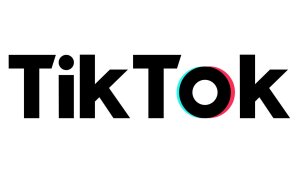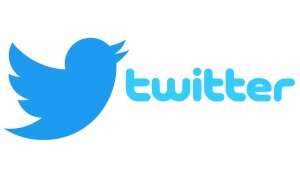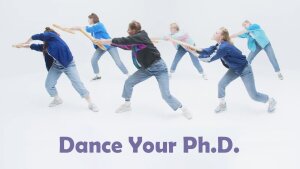
The programme "Science Communication: From Lab to Web" is aimed at doctoral candidates from the STEM subjects at the University of Jena who would like to present themselves on social media platforms with their own content and formats.
The doctoral candidates get together in structured meetings that allow them to present their own ideas, get feedback, inspiration and motivation. These peer meetings are complemented by talks with experts from the field of science communication. The talks are intended to give the doctoral candidates an insight into the field of science communication and to show them how science communication can be used for their own careers.
The programme is launched for the first time in summer 2022. Up to eight doctoral candidates will be accepted into the one-year programme. The programme can be conducted in English as well as in German. The language will be determined after the selection of the doctoral candidates has taken place. Applications can be submitted until 31 July.
The programme is part of the project "Natural Sciences in Industry and Society" and is funded by the Joachim Herz FoundationExternal link.
Content and social media platforms
-
Which type of content should be communicated?
Different scientific contents can be presented: data collection and data processing, (initial) research results or the entire doctoral project. As part of the strategy development, the doctoral candidates check to what extent the content they want to communicate is suitable for the time period, frequency and channel.
It is not only about research results: in the context of social media, it is also important to show the audience that there is a common person behind the account publishing content. In this respect, posts about one's own cultural background, hobbies, special Jena experiences or stories from the institute can also be published in a relaxed manner.
-
How should the social media content be communicated?
Doctoral candidates can use both text and images to create their content. Images can be static images (photography or drawing) or moving images (video or animation). Texts can be written in English or German.
-
Through which channels should it be communicated?
In the project outline, the doctoral candidates themselves determine which channel they would like to use to communicate. After the first workshop, they can of course revise this decision. The programme supports doctoral candidates who would like to communicate research on one of the following social media channels: Twitter, Facebook, Instagram, Youtube, TikTok.
-
Focus „Dance your PhD“
The Graduate Academy would like to support particularly talented doctoral candidates in producing a "Dance your PhD" video. This is about filming a single video with music and dance. More information on the international competition can be found here „Dance your PhDExternal link“.
As part of this focus, a video is to be submitted to this competition at the end. Doctoral candidates who would like to create such a video should indicate this intention directly in the project outline. If the project outline is approved, the Graduate Academy will support the doctoral candidates financially and organisationally, for example with the filming or in the search for partners for the dance or music.












